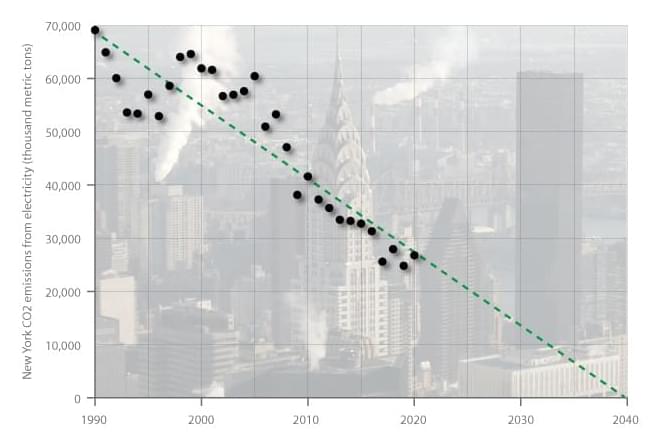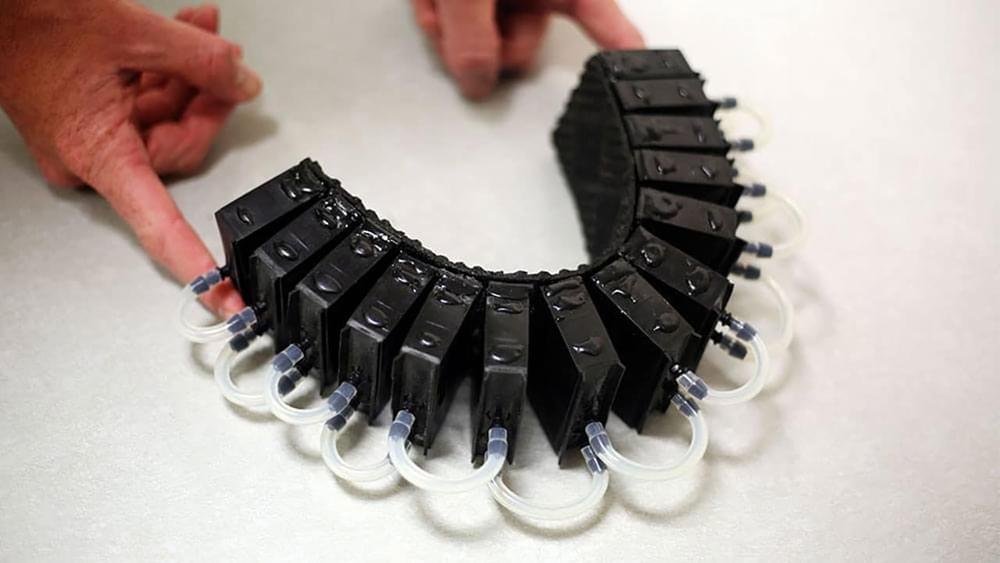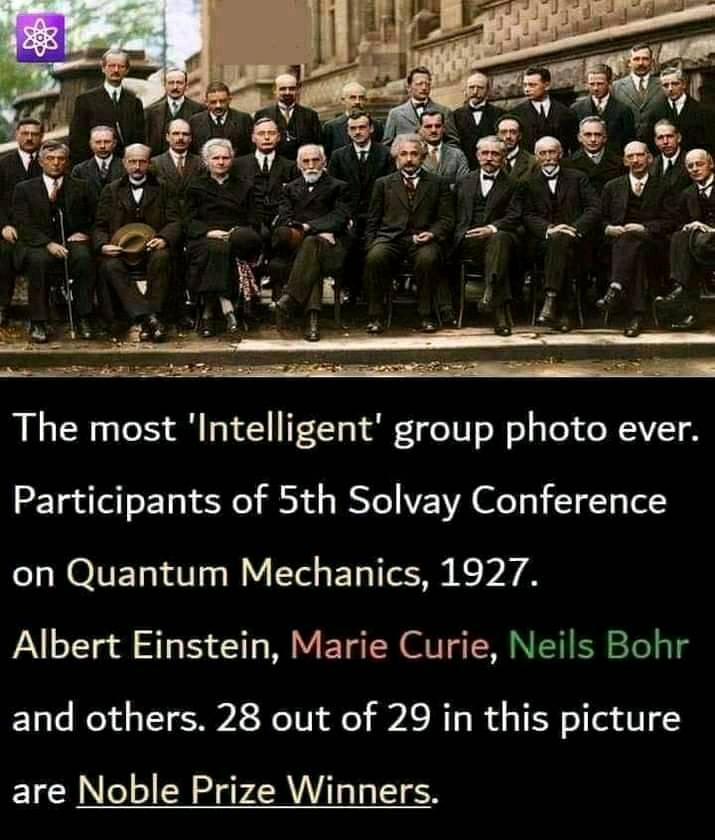Scientists are searching for a cosmic phenomena called the Unruh effect. They may be close.
Category: futurism – Page 731




Robotic actuators could make spacesuits more comfortable and safer
“Pressure and mobility have an inverse relationship,” Diaz Artiles said. “The more pressure you have in the spacesuit, the lower the mobility. The less pressure you have, the easier it is to move around.”
“Imagine wearing really tight Under Armour or really tight leggings. That pressure pushing down on your body would be in replace of or in addition to gas pressure,” Kluis said. “So the idea with the SmartSuit is that it would use both mechanical pressure and gas pressure.”
Diaz Artiles and her team continue to work on the SmartSuit architecture, and the actuator prototypes are a promising development in creating a more accommodating and resourceful spacesuit for future planetary missions. Their end goal would be for it to feel like the wearer is moving without the spacesuit on and without breaking too much of a sweat.

Facebook Doesn’t Know What It Does With Your Data, Or Where It Goes: Leaked Document
Facebook is facing what it describes internally as a “tsunami” of privacy regulations all over the world, which will force the company to dramatically change how it deals with users’ personal data. And the “fundamental” problem, the company admits, is that Facebook has no idea where all of its user data goes, or what it’s doing with it, according to a leaked internal document obtained by Motherboard.
(3PD means third-party data; 1PD means first-party data; SCD means sensitive categories data.)


